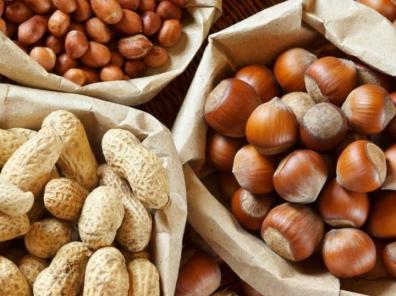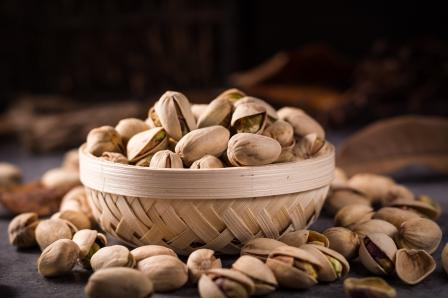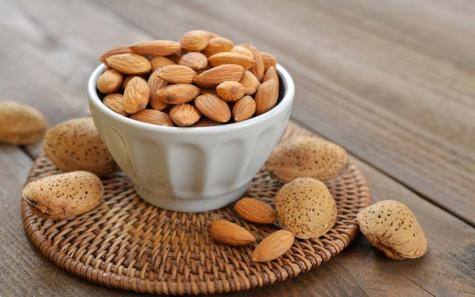Salted peanuts are a popular snack enjoyed by many, but there has been much debate about their impact on cholesterol levels. Cholesterol is a waxy substance found in the blood that is essential for building cells and producing hormones. However, high levels of cholesterol can increase the risk of heart disease and stroke.
.
This article aims to explore the relationship between salted peanuts and cholesterol, separating myths from facts and providing a comprehensive understanding of how this beloved snack can affect our health.
..
**Understanding Cholesterol: The Good and the Bad** Before delving into the specifics of salted peanuts and cholesterol, it is essential to understand the two main types of cholesterol: low-density lipoprotein (LDL) and high-density lipoprotein (HDL). LDL cholesterol, often referred to as “bad” cholesterol, can build up in the arteries, leading to plaque formation and increasing the risk of heart disease. On the other hand, HDL cholesterol, known as “good” cholesterol, helps remove LDL cholesterol from the bloodstream, reducing the risk of cardiovascular problems. Maintaining a balance between LDL and HDL cholesterol levels is crucial for overall heart health. Factors such as diet, exercise, genetics, and lifestyle choices play a significant role in determining cholesterol levels. While some foods can raise LDL cholesterol levels, others may help lower them, leading us to the next section – the impact of salted peanuts on cholesterol. **The Nutritional Profile of Salted Peanuts** Salted peanuts are a popular snack choice due to their crunchy texture and savory flavor. However, understanding their nutritional composition is essential in evaluating their impact on cholesterol levels. Salted peanuts are a good source of protein, healthy fats, fiber, vitamins, and minerals.
…
They also contain antioxidants and phytochemicals that offer various health benefits. One ounce (approximately 28 grams) of dry-roasted, salted peanuts provides the following nutrients: – Calories: 166 – Protein: 6.7 grams – Fat: 14.1 grams – Saturated Fat: 2 grams – Monounsaturated Fat: 6.7 grams – Polyunsaturated Fat: 4.3 grams – Carbohydrates: 6.1 grams – Fiber: 2.4 grams – Sugars: 1.3 grams – Sodium: 229 milligrams – Potassium: 187 milligrams – Vitamin E: 2.4 milligrams – Magnesium: 49 milligrams It is important to note that while salted peanuts are nutritious, their high fat content may give some individuals pause, especially those concerned about their cholesterol levels. However, not all fats are created equal, and the type of fats found in salted peanuts plays a crucial role in how they affect cholesterol. **The Role of Unsaturated Fats in Salted Peanuts and Cholesterol Levels** The fats in salted peanuts are predominantly unsaturated, with monounsaturated and polyunsaturated fats making up the majority. Monounsaturated fats have been shown to have a positive impact on cholesterol levels by increasing HDL cholesterol and lowering LDL cholesterol. Polyunsaturated fats, specifically omega-3 and omega-6 fatty acids, also contribute to heart health by reducing inflammation and improving blood lipid profiles. Research suggests that replacing saturated fats with unsaturated fats, such as those found in nuts like peanuts, can help lower LDL cholesterol levels and reduce the risk of cardiovascular disease. In fact, the Food and Drug Administration (FDA) has approved a qualified health claim for nuts, including peanuts, stating that eating 1.5 ounces per day may reduce the risk of heart disease when included as part of a diet low in saturated fats and cholesterol.




Your comment submitted.